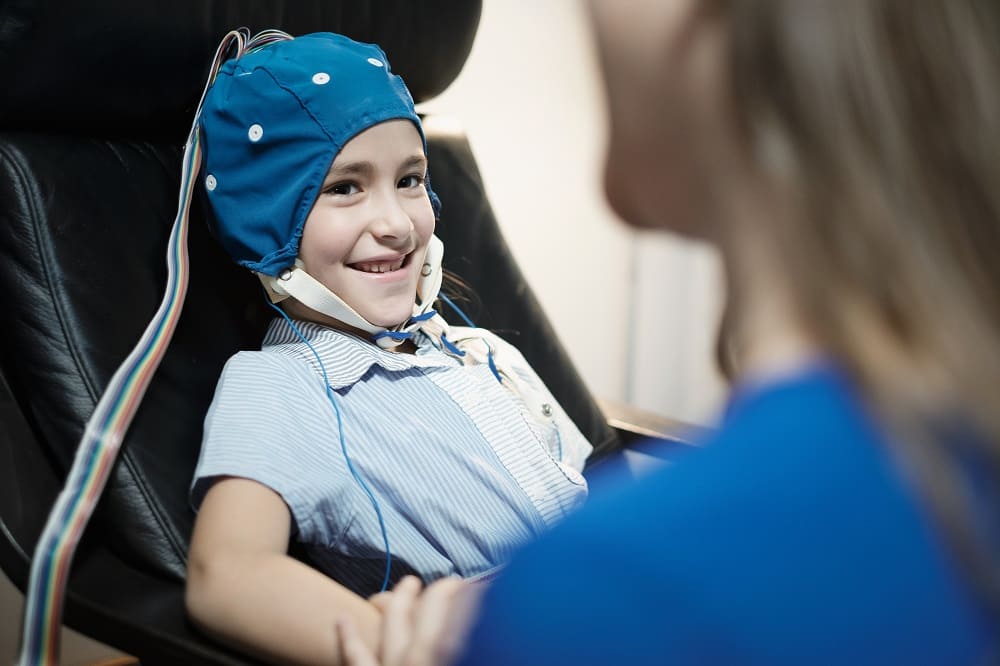Stress Management Book for Black People
Is there a need for a stress management book for black people?
There are plenty of books on stress management. They should be good enough for everyone no matter what color right? Stress is stress and how to reduce the negative effects should be the same for everyone, you would think.
There are a lot of differences in our backgrounds, cultures, experiences, and environments. Some of these have nothing to do with the color of our skin and some do.





